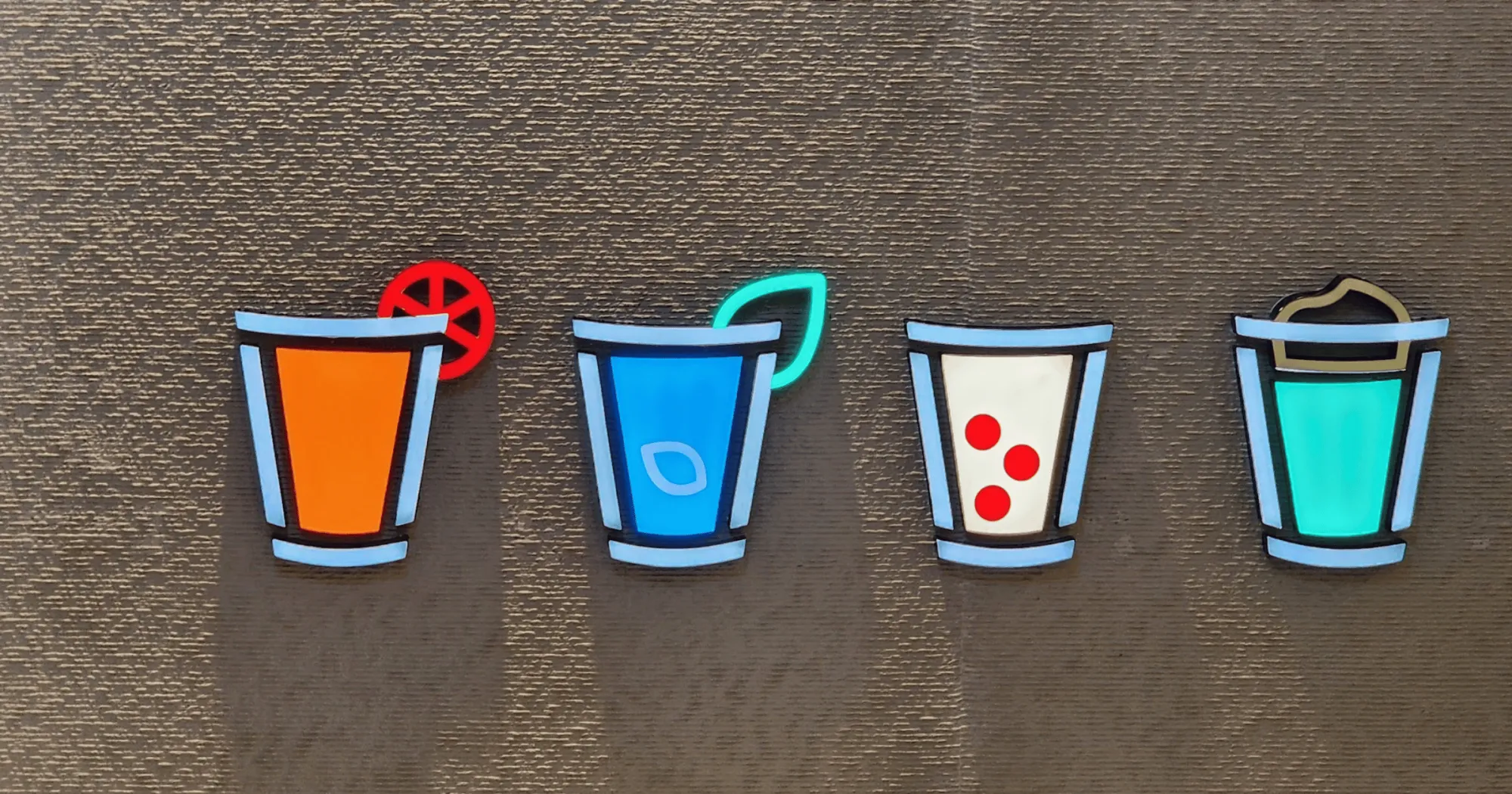A lesson learned from over 100 conversations with successful people who are confused about entering a new industry. We call them Entrepreneurs from Other Industries. -Business Owners in a non-industry
After years of working with entrepreneurs who are entering a new industry, I have noticed one thing in common: very few of them actually realize that they are starting a new business. Most think of it as a spin-off, a pilot model, or a way to leverage existing assets and relationships. But the truth is, a startup is a startup, whether you have run ten companies or are starting your first business. And not realizing this is why so many products fail before they even get to market.
Not Admitting That I’m Doing Something Completely New
I once asked a business owner who had just invested in the packaged food industry: “Have you ever sold retail before?” and received the answer: “You have a whole ecosystem of customers, your friends are all big businesses, you can sell.” But six months later, he called back and sighed: “My friends don’t eat it. They only praise it.” Why? Because consumers don’t buy to support, they buy because they need it, they trust it, they want to come back.
And he is not the only one. In more than 100 interviews, I have seen many people who have been successful in other fields enter a new industry without any preparation other than faith. Faith that a good product will sell. Faith that if the relationship is wide enough, there will be an output. Faith that if you are used to doing big things, then you certainly cannot fail doing small things. But the consumer goods or service industry is not simply opening up and waiting for customers. It requires researching real needs, understanding user behavior, building appropriate sales channels and managing post-sale experiences. Those things cannot be borrowed from previous experiences.

Most people are too busy to stop and ask a basic question: who are they selling to?
It sounds paradoxical, but it is true. Most of the people I meet are working almost without time to breathe. They open factories, find suppliers, make samples, hire agencies to run ads, build software systems. Everything is running smoothly like a business that has been put into operation. But when asked specifically: who is your ideal customer, where does he live, when does he buy, how does he react to the price, the answer is often very general. Something like: anyone can use it, the product is popular, will be sold both online and offline, customers will find it attractive because of the beautiful design.
The irony is: they are smart and capable. But they are so busy that they don’t take the time to stop and look at the root. No one asks whether the product actually solves a specific problem. They are so used to making quick decisions and executing quickly that they confuse speed of action with quality of direction.

Chasing relationships, thought to be a shortcut but actually a trap
There is one thing that almost all investors do: take advantage of relationships. That is not wrong. It is even very advisable. But it should only be considered as an initial push, not the main path. I once worked with an entrepreneur who invested in the natural cosmetics industry. Good products. Neat packaging. Enthusiastic support from friends. But after a year, sales were almost zero. Because the relationship network only helped him sell the first few hundred products. After that, there were no new customers. No stable distribution system. No content to nurture the market. No pricing strategy suitable for the target segment.
The truth is that friends and family are not the market. If a product is not attractive enough to strangers, there is no way to expand. And when there is no one to buy, no motivation, no data to adjust, the product will die silently. The most dangerous thing is that this death comes from subjectivity. No one is to blame. No one is clearly wrong. It just… everything stops.

Starting a business without realizing that you are starting a business is the beginning of waste
What I regret the most is that too many resources are wasted: money, people, time, opportunities. If from the beginning, businesses determined that this was a completely new industry, they would learn how to do it from scratch. They would go slower, test the market step by step, observe feedback carefully, listen more to users. They would not focus too much on production or packaging when they do not have a stable sales channel. They would know to keep a budget for after-sales activities, for team training, for building user data.
But most of them are not like that. Because they do not consider it a startup. So they do not want to learn again. Do not want to doubt themselves. Do not accept small failures to avoid big failures. And that is the reason why many new models, despite thorough investment, still fail miserably.

If you are in a different field, be humble like an apprentice
I have never seen a successful product without a process of trial and error and learning. But I have seen many failures just because the person who created the product was too confident that he knew it. Starting a new industry does not require you to be good right away. But you need to know what you are doing, accept going back and forth from seemingly simple questions: who to sell to, where to sell, what to sell for.
It is that humility that keeps the business with room to adjust, with resources to continue living, and with the spirit to go far.













